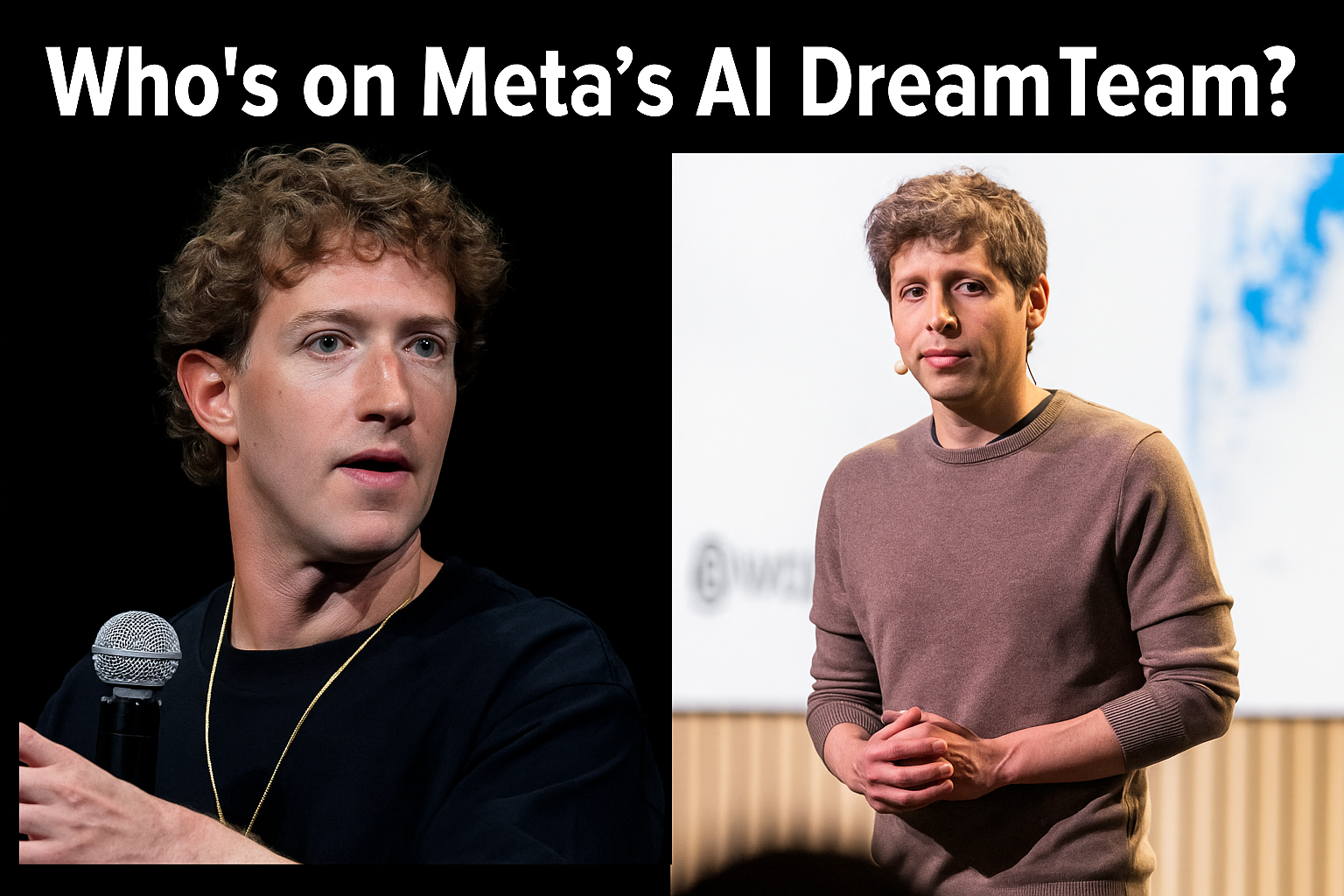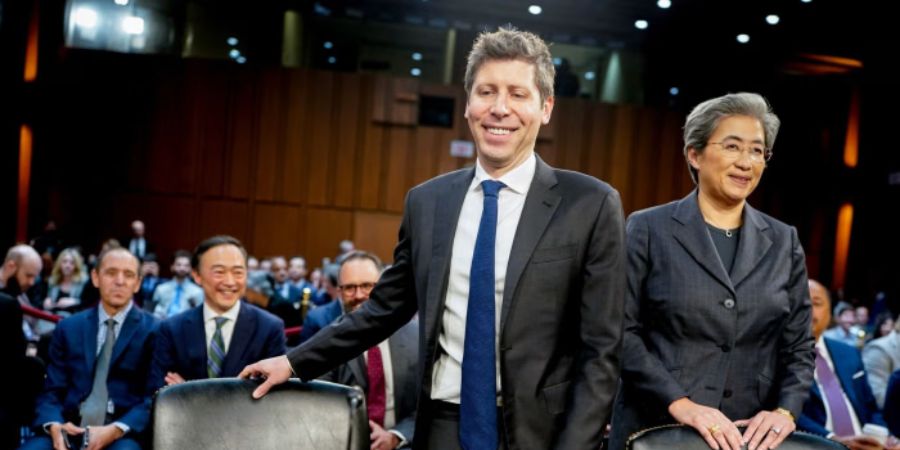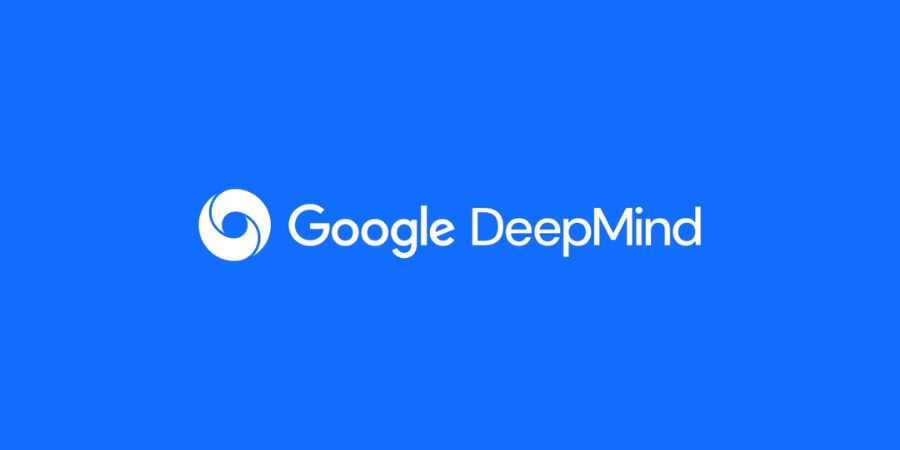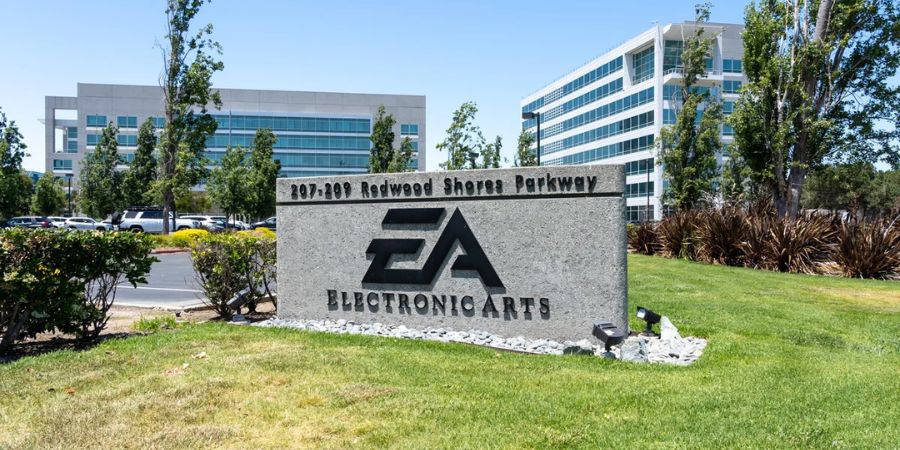Artificial intelligence is one of the most exciting (and competitive) fields in tech today. And if there’s one company trying to lead the charge, it’s Meta — the parent company of Facebook, Instagram, and WhatsApp. While everyone’s talking about new chatbots, image generators, and futuristic assistants, Meta is quietly building what some are calling the ultimate “AI dream team.”
So, who’s actually working behind the scenes? Who are the brains Meta has recruited from giants like OpenAI, DeepMind, Google, and others?
Let’s break it all down — simply, clearly, and in a way that shows just how high the stakes are in this global AI race.
Why Meta Is Investing Big in AI
Before we dive into the names, let’s understand why this matters. Meta has been pouring billions into artificial intelligence research over the last few years. Their goal? To power smarter algorithms, better virtual assistants, next-generation AR/VR, and potentially even compete with tools like ChatGPT and Google Gemini.
With competitors like OpenAI, Microsoft, Google DeepMind, and Anthropic AI racing ahead, Meta knows it needs top talent — fast.
And so, they’re not just training their own engineers. They’re going straight to the source and hiring world-class researchers and developers from companies that helped build the modern AI revolution.
The Big Names Meta Has Hired
Let’s look at some of the high-profile talent that’s joined Meta recently — many of whom came from the industry’s leading labs.
1. Joelle Pineau – The Research Lead
Joelle Pineau has been at Meta AI (formerly Facebook AI Research or FAIR) for several years now. She’s one of the most respected voices in the world of machine learning. With a PhD from Carnegie Mellon and a background in robotics and reinforcement learning, she oversees Meta’s long-term AI vision.
2. Yann LeCun – The Godfather of Deep Learning
No AI dream team is complete without Yann LeCun, who currently serves as Meta’s Chief AI Scientist. He’s one of the original minds behind deep learning, a technology that powers many of today’s AI models. LeCun is a Turing Award winner (think: Nobel Prize for computer science) and continues to shape Meta’s research strategy.
3. Alex Graves – From DeepMind to Meta?
While not officially confirmed by Meta, strong rumors suggest that Meta has approached or recruited DeepMind researchers like Alex Graves — a key figure in neural networks and memory-based models. Graves was part of DeepMind’s early breakthroughs and would be a major get for Meta.
4. Several OpenAI Alumni
Meta has been quietly hiring away AI engineers and researchers from OpenAI. Some of them worked on large language models (LLMs) that power tools like ChatGPT. While the exact names are under wraps, insiders say Meta’s large-scale LLM research is being heavily influenced by this talent.
5. Experts from Anthropic & Google Brain
Meta’s AI team also includes researchers from Anthropic, the company behind Claude AI, as well as former engineers from Google Brain, Google’s AI lab that helped pioneer Transformer models (the backbone of many modern AI systems).
What Is Meta Building With This Team?
So, why bring all these minds together?
Meta isn’t just interested in chatbots. They’re working on a wide range of AI-powered systems, including:
- Smart recommendations for Reels, Facebook Feed, and Instagram Explore
- Multilingual AI that can translate over 200 languages
- Embodied AI for Metaverse avatars and virtual assistants
- Large Language Models like LLaMA (Meta’s answer to ChatGPT)
- Image-generation and video-creation models like Make-A-Video
In short, Meta wants to build AI that can understand the world — and users — at scale.
How Meta’s AI Stacks Up Against the Competition
When you compare Meta to other tech giants, the race is intense. Let’s take a quick look:
- Meta vs OpenAI: OpenAI has the momentum with ChatGPT, but Meta is catching up fast with LLaMA and other internal tools.
- Meta vs DeepMind: DeepMind is more research-heavy, while Meta is pushing product integration — bringing AI into apps millions use daily.
- Meta vs Google: Google’s Gemini AI and Bard have made waves, but Meta’s deep integration across social platforms gives it a unique edge.
As one AI analyst said, “Meta doesn’t just want to match the competition. They want to redefine how AI fits into everyday life.”
What This Means for the Future of AI
The people on Meta’s AI dream team are not just employees — they’re shaping the future of how we interact with technology. From natural language processing to generative AI tools, their work will influence how we communicate, learn, work, and play online.
And this hiring spree shows that Meta is serious about leading the next phase of the artificial intelligence revolution.
Final Thoughts
In the world of tech, talent is everything. And Meta is making bold moves to build the most skilled AI team possible — hiring from OpenAI, DeepMind, Anthropic, and beyond.
Their goal isn’t just to compete — it’s to lead.
Whether you’re a tech enthusiast, a business owner, or just someone curious about the future, keep your eye on Meta’s AI division. With this dream team in place, they’re preparing to take the next giant leap.








